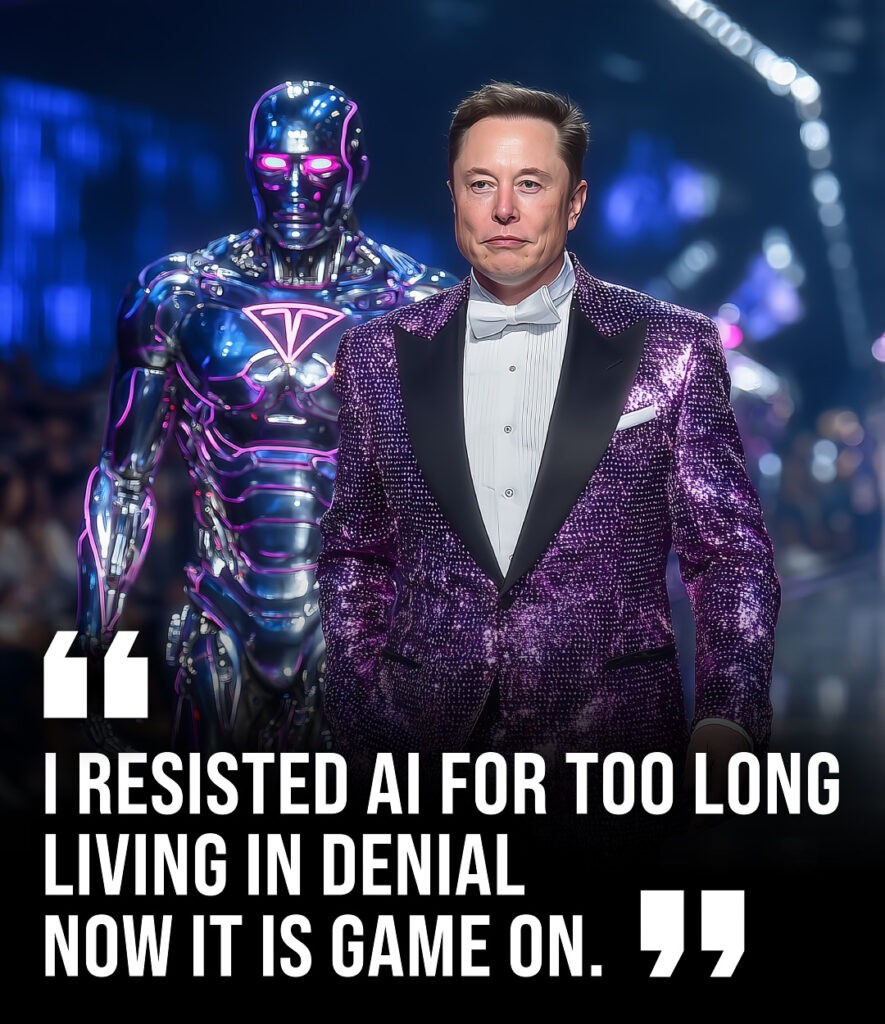In a recent interview that stirred both curiosity and controversy, Elon Musk offered a blunt, unfiltered perspective on the trajectory of artificial intelligence. When asked about the motivations behind AI development, Musk quipped, “AI is for getting laid.” While the comment was delivered with characteristic irony, it underscored a deeper critique of human nature and technological ambition.
Musk’s statement wasn’t just about sex—it was about the primal drivers behind innovation. He argued that much of human progress, from art to architecture to AI, is rooted in the pursuit of status, attraction, and validation. In his view, AI is no exception. Behind the glossy veneer of machine learning and neural networks lies a very human impulse: the desire to impress, to dominate, to be desired.
He pointed to social media algorithms as a prime example—systems designed not for enlightenment, but for engagement, often amplifying vanity, tribalism, and dopamine-driven behavior. Musk warned that as AI becomes more personalized and emotionally intelligent, it risks becoming a mirror for our most base instincts. “We’re not building gods,” he said. “We’re building reflections.”
Yet Musk didn’t stop at critique. He also explored the existential implications. If AI is shaped by our desires, what happens when it begins to shape them in return? He raised concerns about emotional manipulation, synthetic relationships, and the erosion of authentic human connection. “We’re outsourcing intimacy,” he said. “And that’s dangerous.”
Still, Musk acknowledged the potential for AI to elevate humanity—if guided by wisdom rather than impulse. He called for transparency, ethical oversight, and a cultural shift toward using AI not just to satisfy urges, but to solve real problems. “The question isn’t what AI can do,” he concluded. “It’s what we’re asking it to do—and why.”



